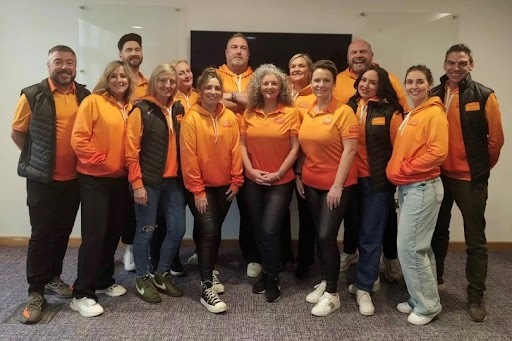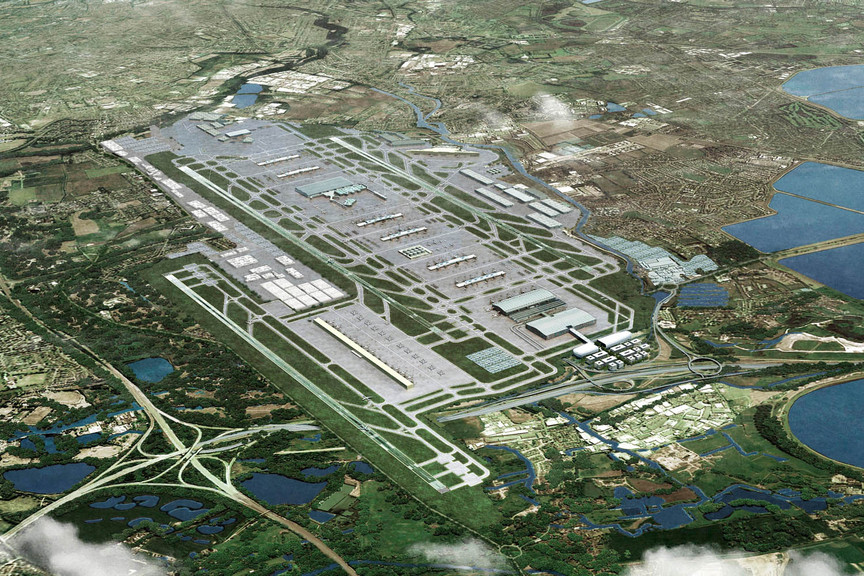'Dynamic pricing could play a powerful role in addressing overtourism'
 Marc Cornelius
Marc CorneliusDynamic pricing found its 15 minutes of fame this summer, and not in a good way. The very public hoo-ha over the astronomic prices of some Oasis tour tickets made this a red-hot consumer topic.
Frustrated fans who saw prices soar far above face value vented to the media about feeling fleeced. For many, dynamic pricing has become synonymous with exploitation and price gouging.
This perception is a problem for the travel industry. Airlines, OTAs and accommodation providers have long incorporated dynamic pricing into their business models, and adoption continues to spread.
The Oasis ticket sale, with its single source of supply, bears no relation to how the system operates fairly in the highly competitive travel market. Yet the stink risks tainting some of the trust travel businesses have worked so hard to earn from customers.
From the standpoint of brand equity, this is a nettle that needs grasping, so a one-dimensional understanding of dynamic pricing doesn’t become settled opinion.
Just as importantly, customers need to understand the same system has a positive role to play in tackling another urgent issue we all face – namely making travel more sustainable.
Concerns about overtourism hit a tipping point this year and have become far more widely reported. Protests in places like Barcelona, Spain and its islands, and Amsterdam raised awareness of the heavy cost for over-visited locations, including strained local infrastructure, degraded natural environments and sky-high housing costs.
The travel industry is working to reduce overtourism in various ways, and dynamic pricing can play a powerful role. By encouraging price-sensitive travellers to choose lesser-explored destinations and to visit out of season, technology can go a long way towards creating the necessary behavioural changes.
For dynamic pricing to deliver this benefit it is important that travellers do not view it as simply a tool for maximising profits. Travel companies and their teams need to go beyond simply adjusting prices and clearly explain the benefits of this system.
So here are a few steps that could foster more transparency and acceptance.
- Provide clear explanations on pricing models: where dynamic pricing is used, companies should say how it helps manage demand, protects local culture and infrastructure, and mitigates the environmental impacts of tourism. This could be done through FAQs, pop-up messages during the booking process, Q&As to support agents, or dedicated sections on websites outlining how dynamic pricing works and why it is necessary.
- Highlight the benefits to local communities and environments: businesses should emphasise that by adjusting prices during peak seasons, they are helping to preserve the destinations travellers are eager to visit. Showcasing the positive impacts of dynamic pricing to customers —such as reduced overcrowding, less strain on local resources, and a more balanced distribution of tourism revenue—can help travellers see themselves as part of a sustainable solution.
- Offer alternatives: travel companies like Intrepid Travel and Exodus Adventure Travels are promoting alternative destinations that relieve pressure on traditional favourites while also giving travellers better experiences. If such curated offerings are correctly integrated into companies’ core travel search, off-peak or alternative destinations can be suggested when travellers research high-demand dates or places.
- Guard against greenwashing: businesses pay lip service to sustainability at their peril. Any hint of hypocrisy or cynicism risks being pounced on very publicly, whether by activists, customers or the Advertising Standards Authority. It is best for travel businesses to go further in their support of sustainable tourism so their commitment cannot be questioned. For example, by using part of the proceeds of dynamic pricing, far-sighted businesses can support destinations directly, such as by funding local cultural, enterprise or infrastructure schemes, or fostering local business partnerships so more tourism revenue stays in – and benefits – the local community.

Getting the public to love dynamic pricing is unlikely to happen. But with the right steps in communication and policy, travel businesses can win it a more balanced hearing.
By introducing greater transparency and educating travellers, travel companies can use the technology to make tourism more sustainable while maintaining trust with their customers.
Marc Cornelius is founder and chief executive of PR and digital marketing consultancy 8020 Communications, which operates within the aviation, travel and mobility industries.
Sign up for weekday travel news and analysis straight to your inbox

Marc Cornelius
Supplier Directory
Find contacts for 260+ travel suppliers. Type name, company or destination.














